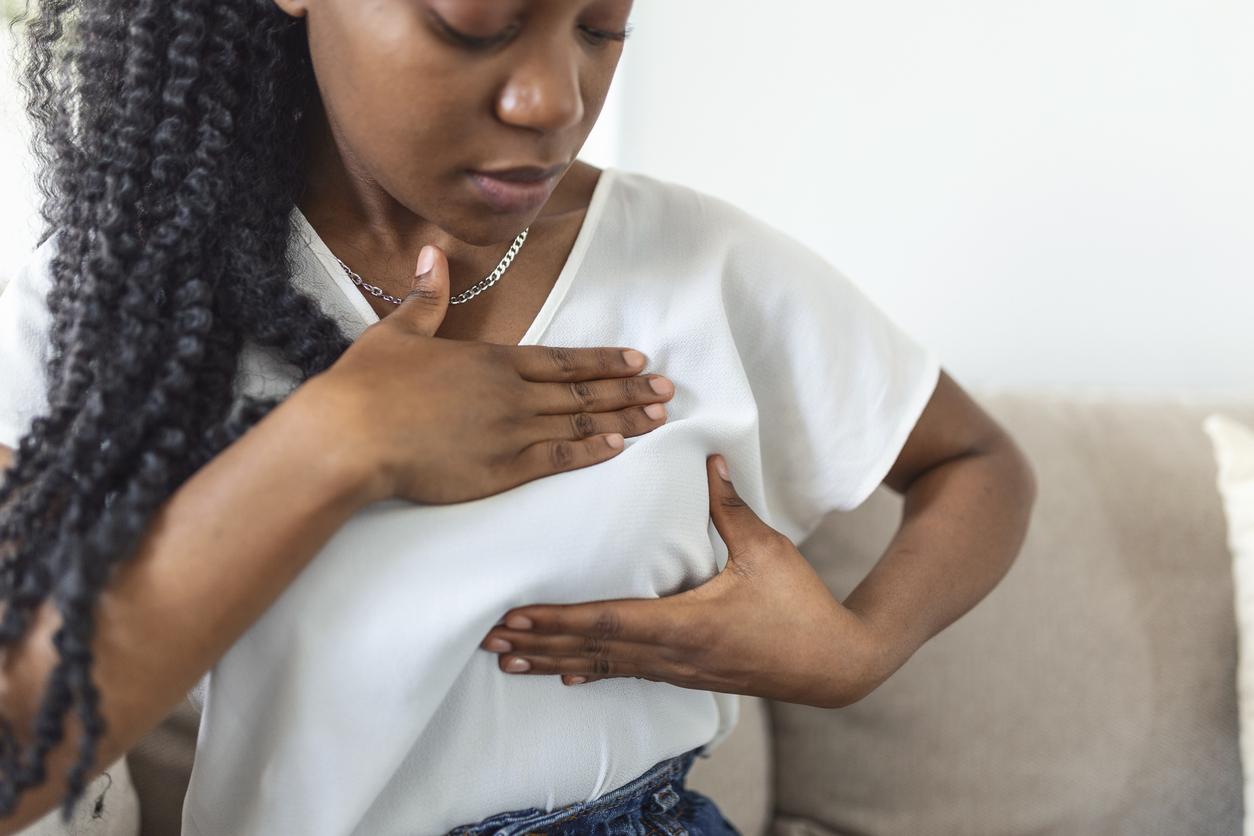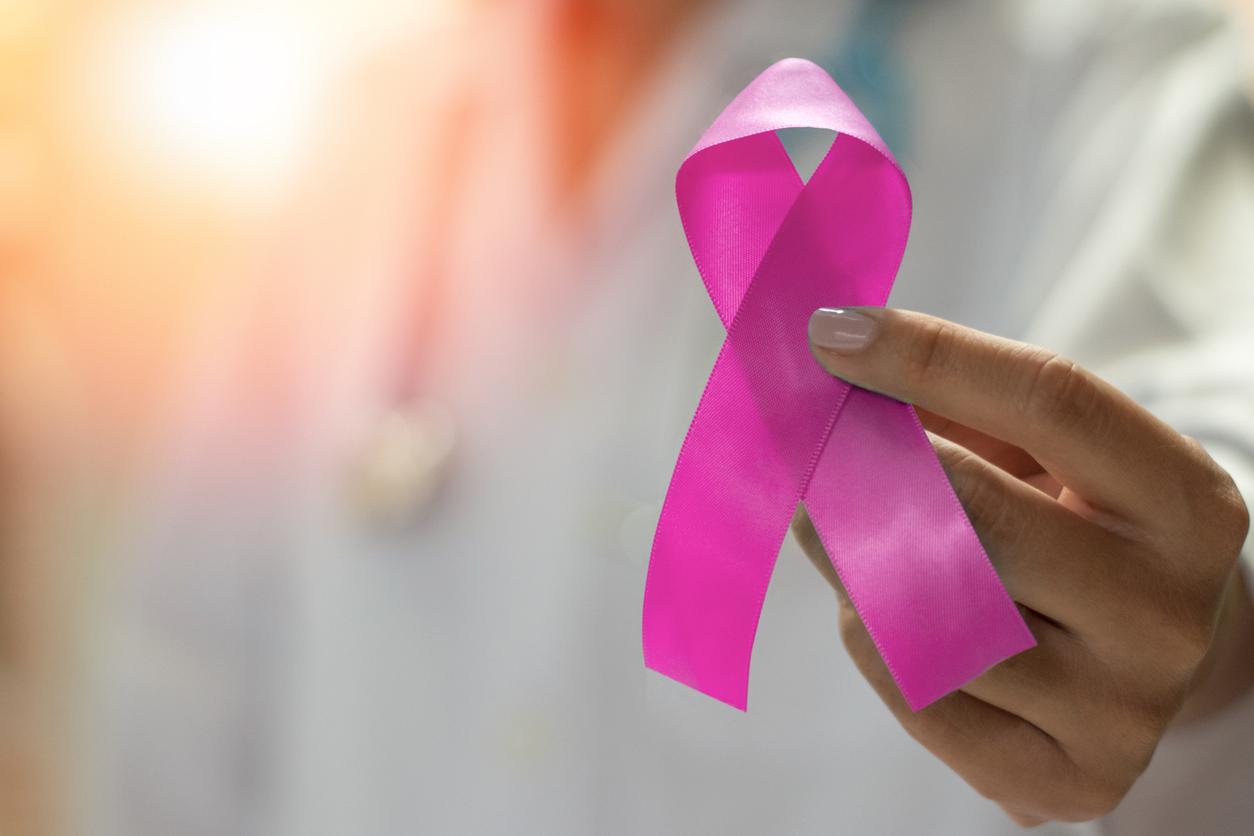“If we expected a certain inequality at the beginning of the disease, the fact that these inequalities increase rapidly and persist so much is a surprise,” analyses oncologist José Sandoval, author of a new French study on breast cancer.

- In France, breast cancer is the cancer that affects the most women.
- According to a new survey, equal access to care does not mean no inequality for women with breast cancer living in our country.
- “When we talk about precision oncology, we should take into account the person as a whole, including their social dimension,” say the authors of the survey.
According to a new Inserm surveysocial inequalities widen after breast cancer.
Breast cancer: nearly 6,000 French women monitored for two years
The 5,900 women who participated in this study were all treated in France and had early breast cancer (without metastasis).
“Many women received heavy treatment in the first year after their diagnosis – such as surgery followed by chemotherapy – and then hormone therapy in the second year. We followed them for two years to analyze the evolution of differences in quality of life over the medium term,” says Gwenn Menvielle, research director at Inserm and Gustave Roussy.
The research team examined five domains of quality of life (fatigue, general health, mental health, sexual health and side effects) in relation to several socio-economic indicators: level of education, household income and perceived financial situation. The combination of these elements made it possible to determine a score where 0 indicates the absence of inequalities.
Breast cancer: social inequalities are increasing rapidly
At diagnosis, the inequalities in quality of life between the two socio-economic extremes are notable, with a score of 6.7. The score increases to 11 during treatment and then remains at 10 two years after diagnosis.
“While we expected some inequality at the onset of the disease, the fact that these inequalities are increasing rapidly and persisting so much is a surprise.”analyzes José Sandoval, oncologist and researcher at the Faculty of Medicine of UNIGE.The impact on quality of life is much more pronounced in less advantaged women regardless of the biological characteristics of their cancer, their age or the treatment received”, he summarizes.
Breast cancer: why such social inequalities?
Why? According to scientists, the answers are not to be found in the treatment (similar for all women) but probably in all the support elements around medical care.
“Having the time, money and access to information to take care of oneself, find support resources and better manage the physical or psychological side effects of the disease will probably be easier for women of high socio-economic status than for, for example, a low-income single mother with no support for her children”emphasizes José Sandoval. “However, these elements influence the disease and its consequences for the physical or psychological health of patients,” he believes.
Breast cancer: better consideration of social inequalities
In France, equal access to care is therefore not synonymous with the absence of inequality regarding breast cancer.
“When we talk about precision oncology, we should take into account the person as a whole, including their social dimension,” judge the authors of the investigation. “Our data concerns women treated in France, a country that is nevertheless very egalitarian in terms of access to care. In countries without a universal health system, these inequalities risk being even more pronounced,” they finish.
In France, breast cancer is the cancer that affects the most women, clearly ahead of colorectal cancer and lung cancer.


















